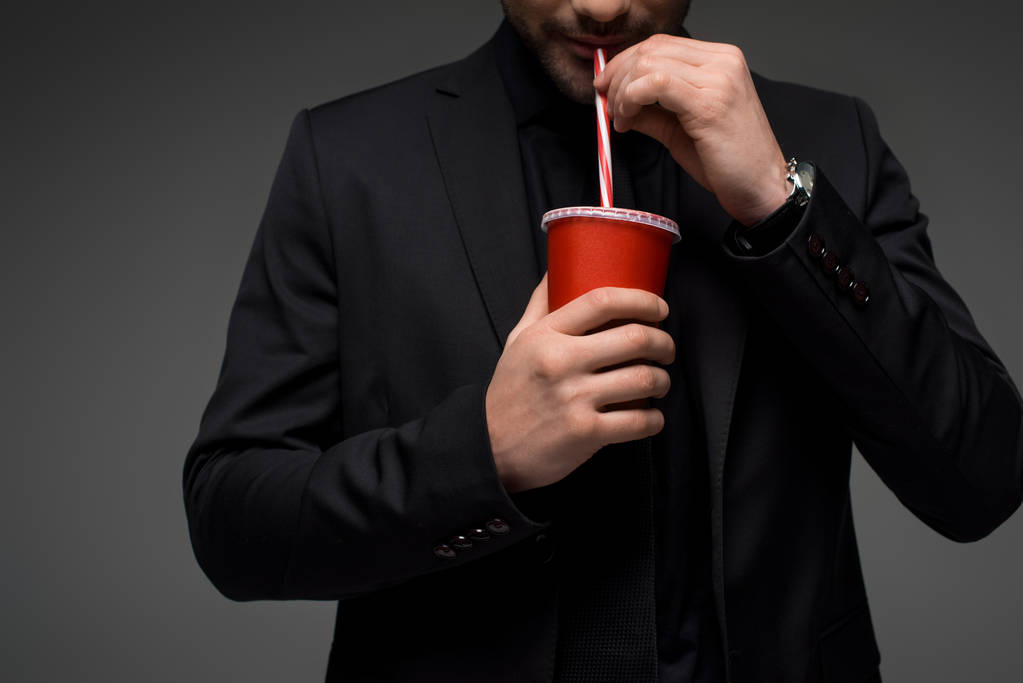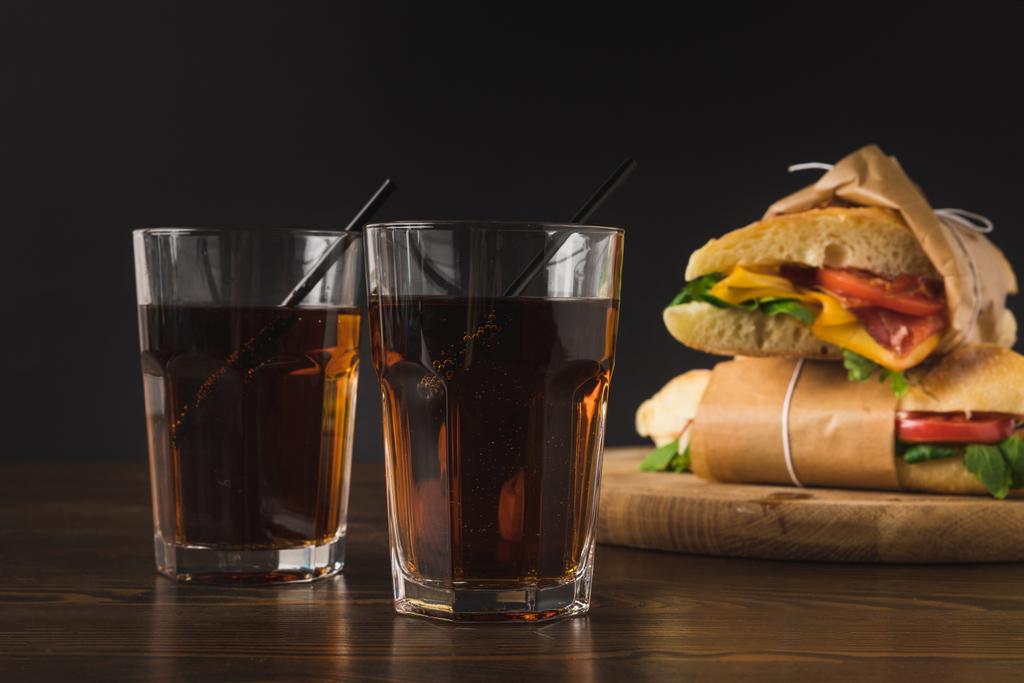For many, cola is a cult drink that is not only drunk as a cool refreshment, but also as a mixed drink at parties. But what effect does cola actually have on you? This is what happens after just one glass in your body.
Shocking news for all cola fans: this really happens in your body after just one glass
After all, cola is one of the most popular soft drinks, especially among children and young people. It’s no wonder, because the manufacturers’ advertising strategies seem to be working. On average, everyone drinks over 33 liters of cola a year (as of 2020). If you add the light versions, it is even more than 45 liters. Around 1.5 billion bottles are sold every day.
But what exactly is in the drink? What is it made of? The exact composition is closely guarded by the manufacturers.
But the main components are well known. These are water, carbon dioxide, flavors, colors, phosphoric acid, caffeine and sugar. And there is more than enough of the latter. A 0.2 liter glass of the dark fizz contains over 21 grams of it. And that’s more than 90% of the WHO recommended daily dose. And the light or zero version? There are artificial sweeteners, such as aspartame, and a relatively large amount of phosphoric acid. Incidentally, the caffeine content is between 10 and 25 milligrams per 100 milliliters, depending on the manufacturer.
How unhealthy is cola really?
A nice ice cold cola. The taste on the tongue, the tingling of the carbonic acid. Who thinks at that moment what is happening in the body now? But maybe you should think about it a bit.
Let’s say you drink a 0.33 liter can. You’re immediately ingesting the equivalent of seven teaspoons of sugar. That’s already more than the World Health Organization recommends, which recommends six teaspoons. After 20 minutes, the blood sugar level reaches its peak. This causes insulin to be released, which prompts the liver to convert the sugar into fat. After 40 minutes, the caffeine intake is complete and the liver releases even more sugar. Blood pressure rises, the pupils dilate. In the brain, the adenosine receptors are blocked, which prevents sleepiness. After 45 minutes, the messenger substance dopamine is increasingly released. This ensures that we feel happiness and well-being. After an hour, the phosphoric acid binds calcium, magnesium and zinc in the lower digestive tract, which boosts metabolism. This effect is amplified by the high doses of sugar and artificial sweeteners, which drives the excretion of calcium in the urine.
After more than 60 minutes, caffeine’s diuretic properties kick in – you need to pee. And with it, calcium, magnesium and zinc, which, among other things, were intended for the bones, are excreted. Other electrolytes and of course water also leave the body. Now comes the sugar crash. You become nervous, irritable, sluggish, or all of them together. After a few hours, the caffeine crash follows. All the liquid you took in with the cola is gone. And with that, important nutrients that the body needs have literally ended up in the toilet.
Cola as a thirst quencher? These alternatives exist
If you now consider the effects that cola has on the body, what happens if you consume a lot of it over a longer period of time? Due to the yo-yo effect when it comes to sugar, the body demands more and more of it. You want to feel good, savor the happiness that dopamine brings about. And this is where the danger lurks. Too much sugar consumption can lead to obesity, diabetes and the associated damage.
The amount of 3 milligrams per day and kilogram of body weight should not be exceeded in children and adolescents. Together with the sugar consumed in large quantities, cola is therefore more than just questionable for young people.
Conclusion: Cola is not suitable as a thirst quencher. Along with fruit juices, cola is one of the luxury drinks and should therefore be enjoyed in moderation. Alternatives are spritzers or water, which you can enjoy with fruits or other ingredients as “infused water”. Homemade unsweetened iced tea can also be considered as an alternative. This turns thirst quenching into indulgence with no regrets.

